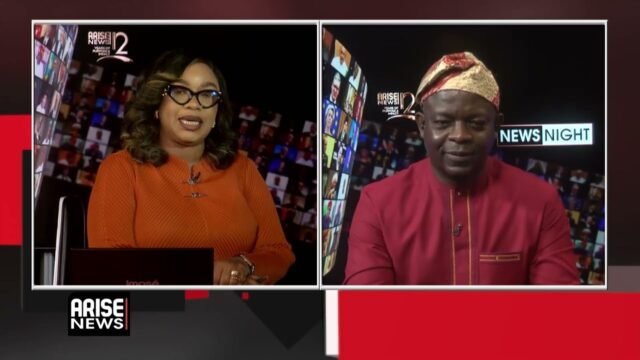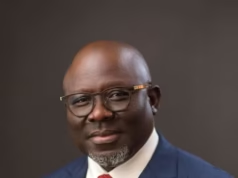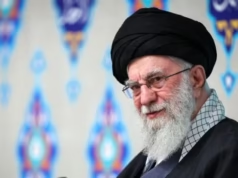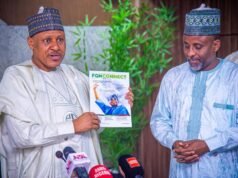Artificial Intelligence (AI) has become a buzzword in education, with many students and institutions embracing it as a shortcut for assignments, research, and even creative work. But Dotun Adeoye, Co-Founder of AI Nigeria, has raised a strong warning: total dependence on AI risks producing a generation of graduates with no originality, no creativity, and no true capacity for independent thinking.
Adeoye made this call during an interview on Arise Television, stressing that AI should be treated as a supportive tool rather than a replacement for human intelligence. His remarks have since sparked debates across campuses, classrooms, and online forums, as Nigeria and the rest of the world grapple with how to integrate technology responsibly into education.
Table of Contents
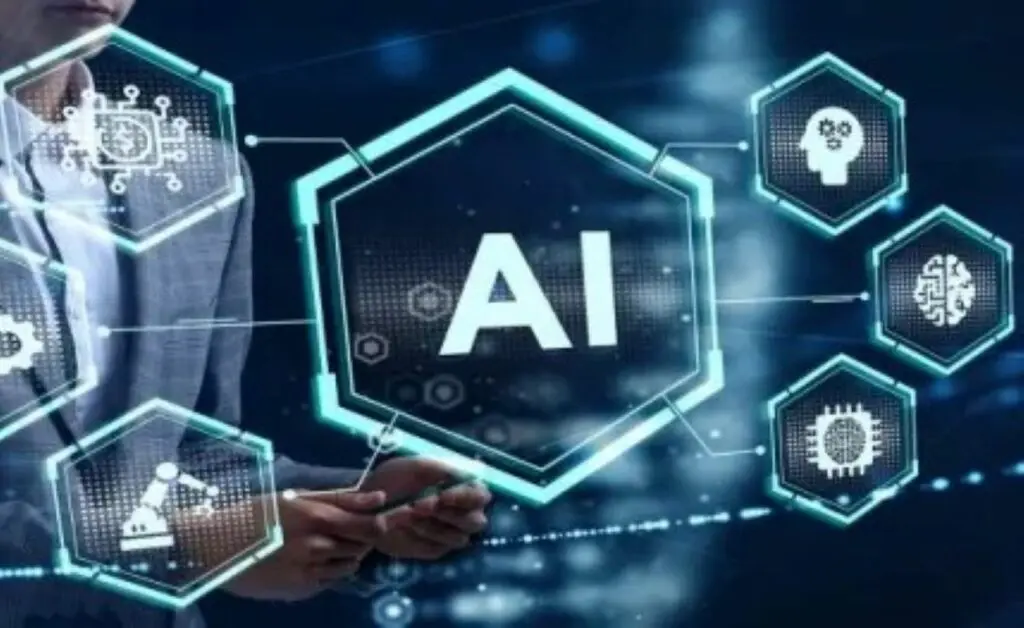
The Subtle Trap of Over-dependence
Adeoye’s words carried a sober tone: “You don’t want to rely 100% on AI. If you rely on anything—not just AI—you get stuck. You get used to it.” He likened AI dependence to leaning too heavily on a crutch, warning that when the tool is taken away, students may find themselves unable to stand on their own.
For him, this is more than an academic concern—it is about identity. Students who outsource their thinking to AI risk graduating with nothing distinctly their own. Their assignments may look polished, but their minds remain untrained in reasoning, problem-solving, and creativity. In such a situation, Adeoye believes, graduates could step into the workforce with degrees in hand but little real ability to contribute meaningfully.
Across Nigeria, where access to quality education is already uneven, the temptation to lean fully on AI is real. Students under pressure to meet deadlines or produce work beyond their current capacity may see AI as an escape. Adeoye’s warning reminds both students and lecturers that shortcuts in learning often come at a heavy cost.
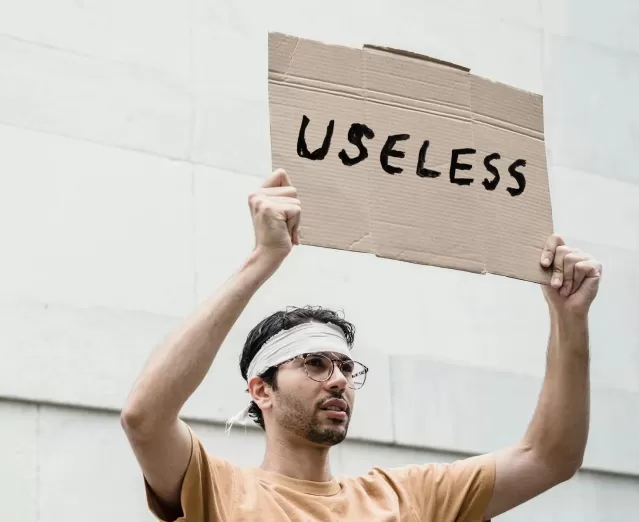
AI as a Tool, Not a Master
Adeoye is not against AI—in fact, he is deeply involved in the technology sector and champions innovation. But he insists that the conversation should focus on balance. “AI should be an aid or tool,” he explained. “It must not take the place of your thinking, your judgment, your originality.”
What does this look like in practice? According to Adeoye, students can use AI for brainstorming, accessing broad information quickly, or even breaking down complex topics into manageable summaries. But the final responsibility for analysis, interpretation, and creativity must remain with the student. This is the difference between AI serving education and AI replacing it.
He urged lecturers and universities to design curricula that integrate AI responsibly while still prioritising human intelligence. For example, rather than banning AI tools outright, teachers can require students to explain, critique, or expand on AI-generated material, ensuring that critical thinking remains central to the learning process.
What Is at Stake for the Future
The heart of Adeoye’s concern is about what kind of professionals the country will produce in the coming years. A Nigeria filled with graduates who cannot think for themselves poses risks not only to education but also to industries, governance, and national development.
“If your critical thinking and personality is lost, as students, you will come out of the university not being able to actually have anything that you can give,” he emphasised.
Imagine a medical doctor who cannot make judgments without an app, or a lawyer who cannot argue a case unless AI writes their briefs. These scenarios may sound exaggerated today, but Adeoye believes they represent the logical outcome of a generation raised to outsource thinking. In a rapidly changing world that demands creativity and adaptability, Nigeria cannot afford such an outcome.
This warning echoes concerns already voiced globally. Educators in the United States, the UK, and Asia are also grappling with how to stop AI from eroding critical thinking skills while still harnessing its benefits. Adeoye’s perspective adds a Nigerian voice to the conversation, reminding us that the stakes are especially high in developing nations where education is already under pressure.
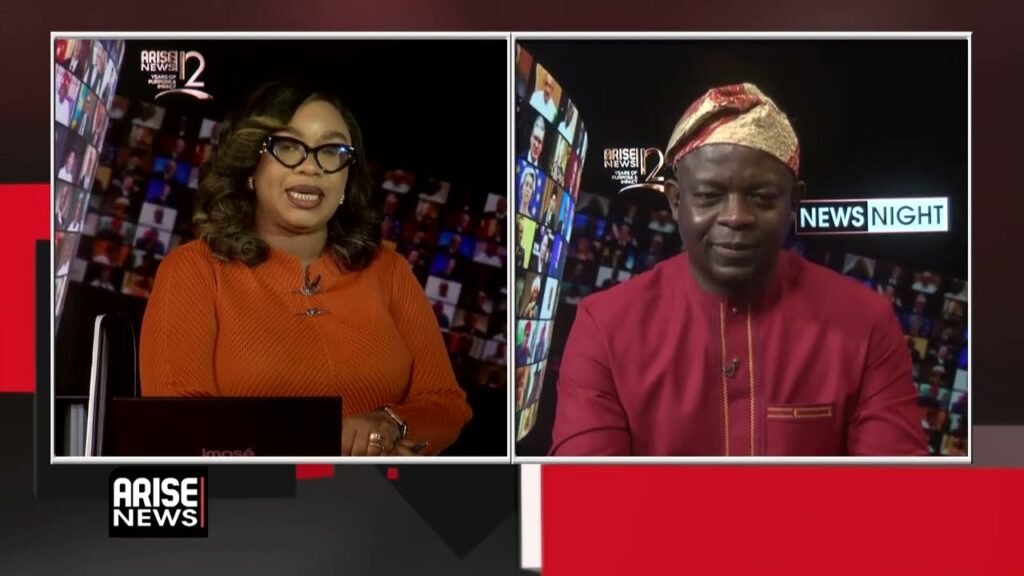
Moving Forward: A Call to Balance
Adeoye’s call is not a rejection of technology but an invitation to balance. He envisions an education system where AI supports learning, speeds up research, and enhances access—but where students remain the primary thinkers and creators.
His advice to students is simple: let AI assist you, but never let it replace you. Write your essays, even if they are imperfect. Attempt your research, even if it takes longer. Struggle through the process of thinking, because it is in that struggle that true intelligence and creativity are formed.
For universities, his message is a call to rethink assessment methods. Instead of essays that can easily be outsourced to ChatGPT or similar tools, institutions may need to encourage oral defences, in-class debates, and practical projects that demand originality.
As Nigeria embraces the digital future, Adeoye’s voice stands out as a reminder: education must not only prepare students to use tools but also to remain thinkers, creators, and problem-solvers. Without that, the country risks raising a generation that is, in his words, “useless”—not because they lack knowledge, but because they lack the ability to use it independently.
Join Our Social Media Channels:
WhatsApp: NaijaEyes
Facebook: NaijaEyes
Twitter: NaijaEyes
Instagram: NaijaEyes
TikTok: NaijaEyes
READ THE LATEST EDUCATION NEWS


